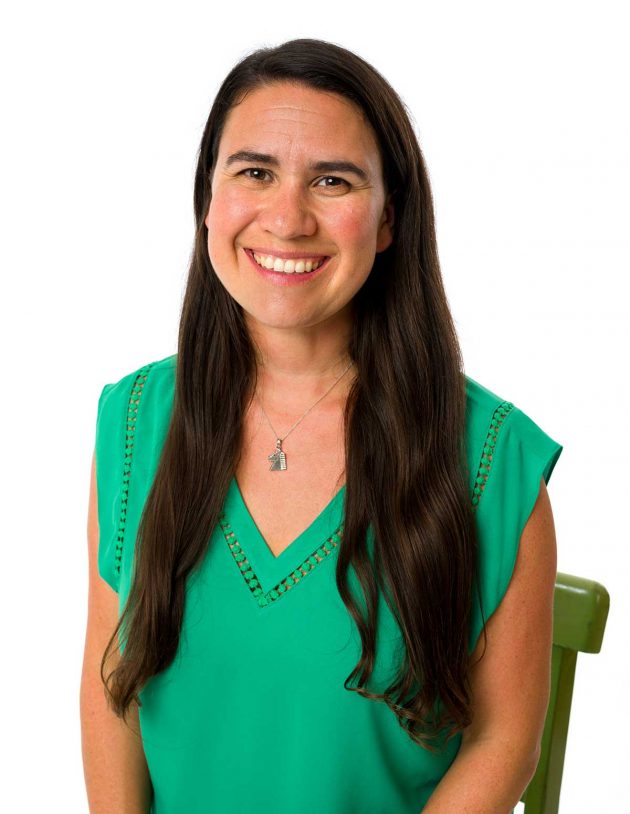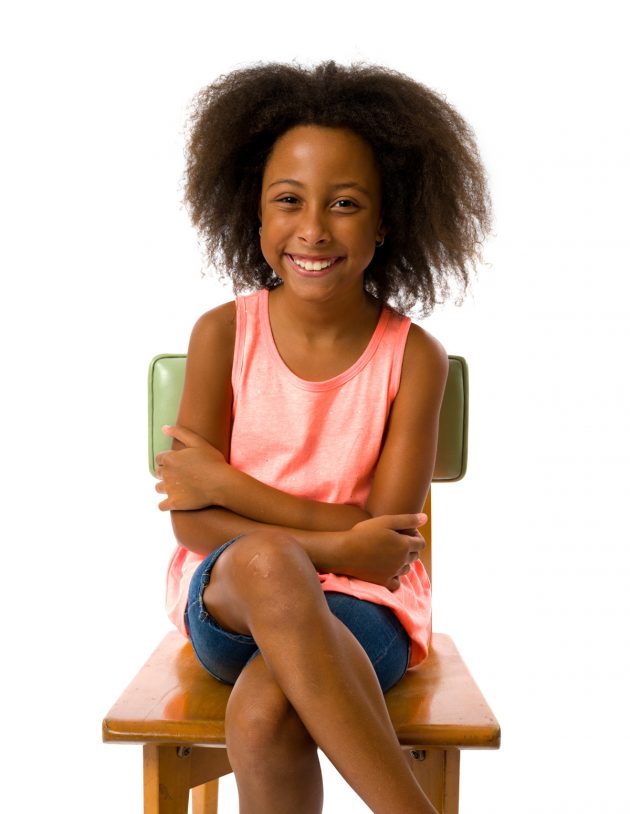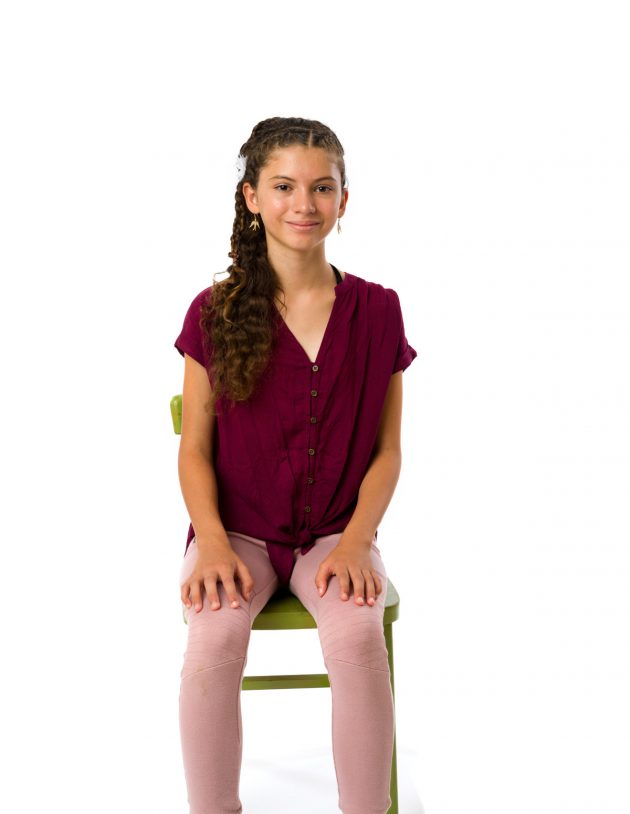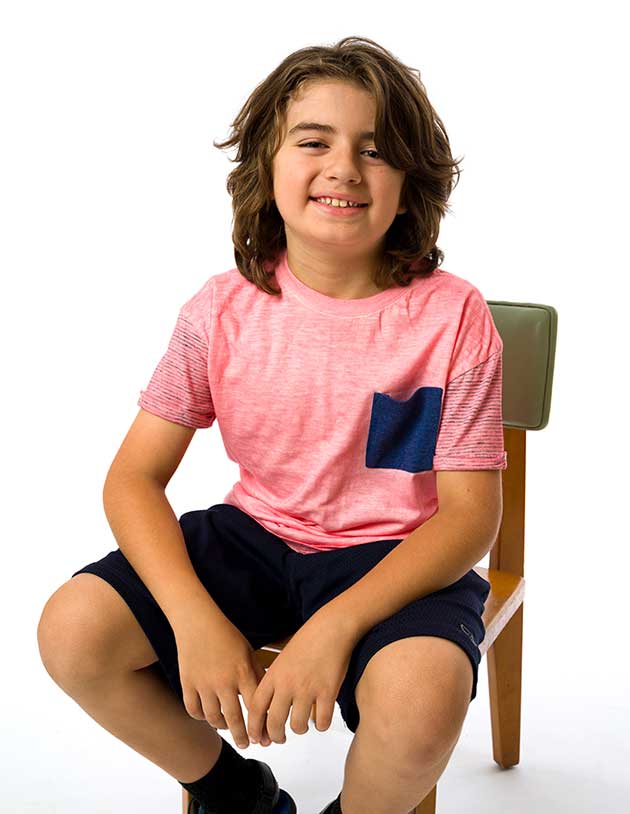Did you ever have a moment teaching where you say something or do something that in retrospect was not supportive to your students? Yes, is the answer, no matter who you are (almost). Making mistakes is part of the nature of this work, and when you make a mistake or when you have a bad day as a teacher, kindness and compassion towards yourself are not only important but necessary to becoming a better teacher for the next class.
Being a reflective teacher is taking full responsibility for where you are at and how that affects how your students behave and feel. At the end of a class that did not go as planned, self-care becomes crucial in this moment. How you feel about yourself directly affects how your students feel around you. A situation like this happened to me recently. On this day, I walked out of the doors of a school, after teaching a yoga class, with an overwhelming feeling of How did that happen? As I left the school I felt anxiety and self-doubt begin to bubble up inside of me.
My class did not go as planned. I have two students in that class that love to run, so I set up a peace mat for them to use to get out some extra energy when they need to. It has been going well so far, but today both students went to the peace mat at the same time, and then they were quickly joined by a third, all three running in circles. As best as I could, I kept stopping what I was doing to explain that only one student can be on the peace mat at a time for safety reasons, but they would not listen.
I soon became ungrounded by this. I felt completely disembodied because I was worrying so much about those kids. The other 11 kids in class all started doing different things on their mats at this point, so I decided to do a game of walk, stop, wiggle, sit. That got everyone on the same page, but then running started again, so I switched to another game. That kept their attention for about 5 minutes and they really enjoyed it, but then the runners started up again, so I switched to a different game! And so this continued, until I felt so ungrounded I did not know what to do. My energy and approach to class was all about trying to get those 3 kids to listen because I was so concerned about their safety. My energy and focus was running after the runners!
Fearful thoughts started to flood my head. The rest of the class soon tuned me out. Self-doubt became the name of the new game. I eventually got everyone, except 2 of the runners (who had stopped running at this point and were just both staring out of the window very peacefully), back to their mats for savasana, which was quiet for the most part. But, when I did my closing ceremony, it felt as though kids were not connected to the words or the ritual at all. Although I had regained the class in a sense, I had lost them because I had lost my own center.
![]()
This is my main struggle right now as a teacher who wants to create a safe space of creative movement and mindful thinking. On days like this when I become ungrounded, the kids detach from me. They are not with me. We all become scattered, separate beings in the same space. In this moment, my mind was saying, “You are out of control! Gain control immediately” and it caused me to feel out of control in my body. And when I feel I am out of control that is when my energy becomes ungrounded. Fear takes hold. I begin to doubt myself and second-guess my lesson plan and the words that come out of my mouth. And the kids doubt what I am saying.
What have I done to address this? I have tried to practice yoga right before class, meditate right before class, dance before class, listen to a peaceful song, eat a good breakfast, have an extra cup of coffee, have less coffee…. but these things still sometimes happen. Yet, this is what makes teaching such an incredible job and at the same time sometimes so gut wrenching. You cannot fake it. You cannot force it.
On some days, no matter how much I’ve learned and practiced, or how much I’ve prepared, I’ll get rocked by things I didn’t expect from my kids. And on some days, no matter how hard I’m trying; I can’t seem to be what they need in the moment. It is truly a journey of the self. The lesson is there to learn. My ![]() students are often a mirror for what I am experiencing within.
students are often a mirror for what I am experiencing within.
So what is the answer to maintaining center when things feel out of control, during and after class, internally and externally? I am not sure there is one answer. It is living it. When I do become ungrounded in a chaotic class, I can practice coming home at night and rather than feeling horrible, I can, instead, work on trusting myself, forgiving myself, and letting go of my need to control the “failure” or fix it immediately.
At a certain point, the only way to help your students is to help yourself. Try to recognize in the moment that you are not feeling your best, and pause and come back to your center in a space of kindness. Reflect on how you felt in the class, and how your students must have been feeling, and what all of us need in order to thrive – a sense of safety, connection, and to be fully seen. It is important to remember this, and it is also important to remember that there will be another class.



















